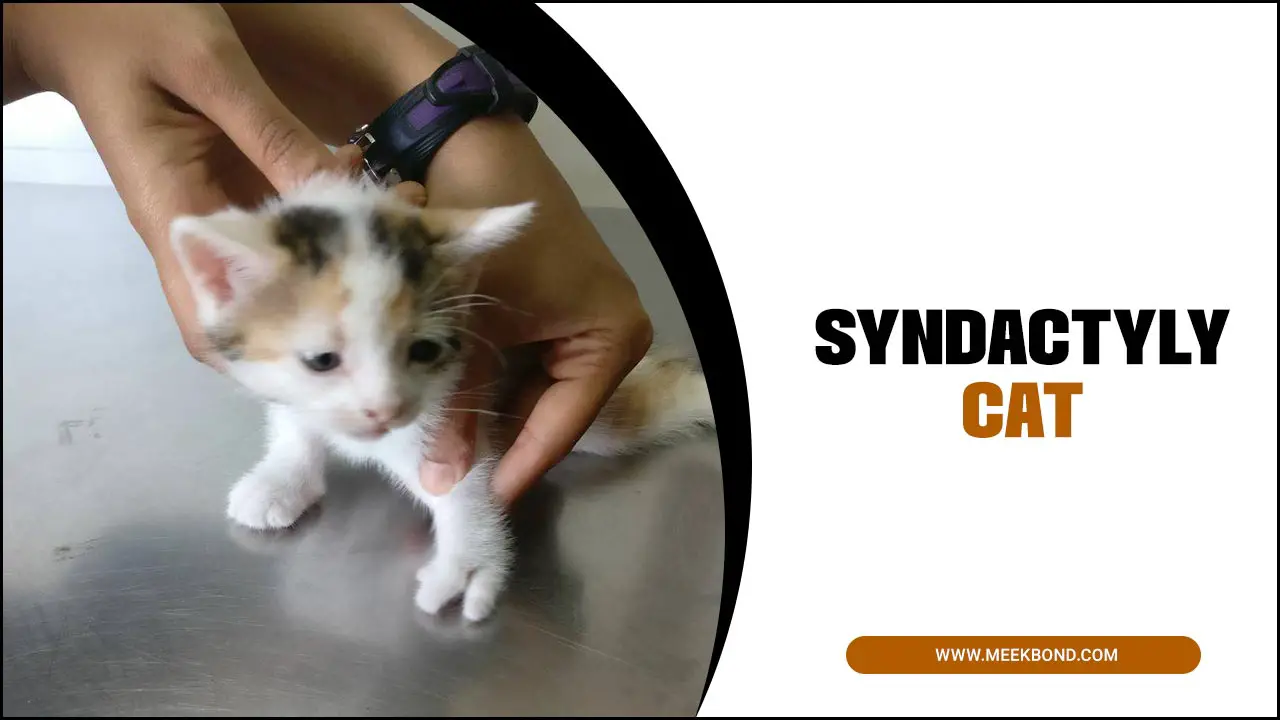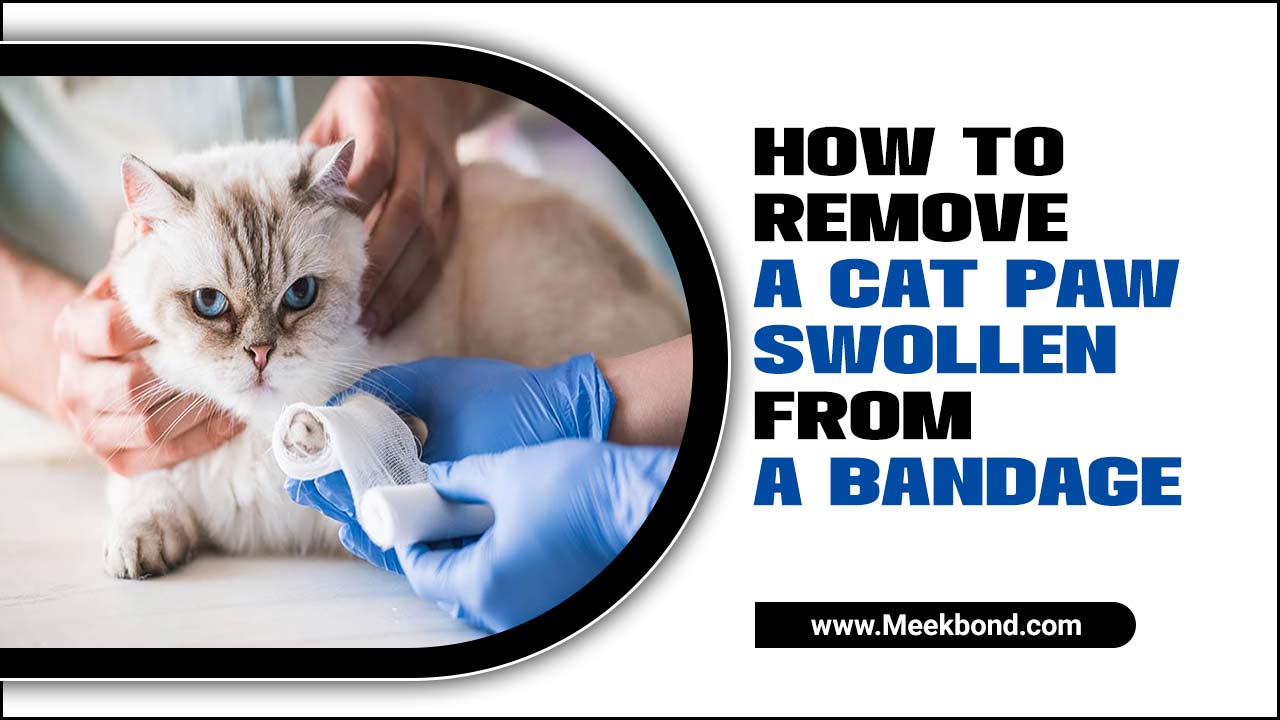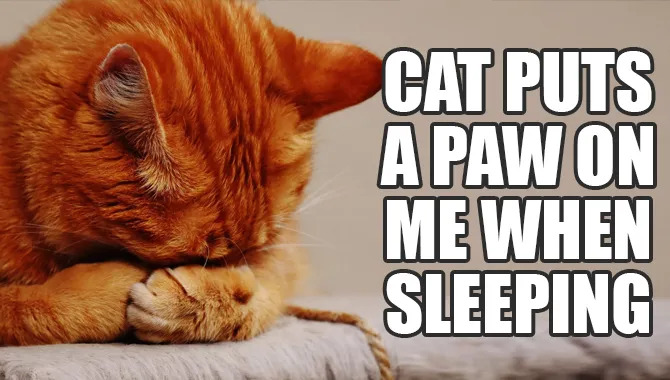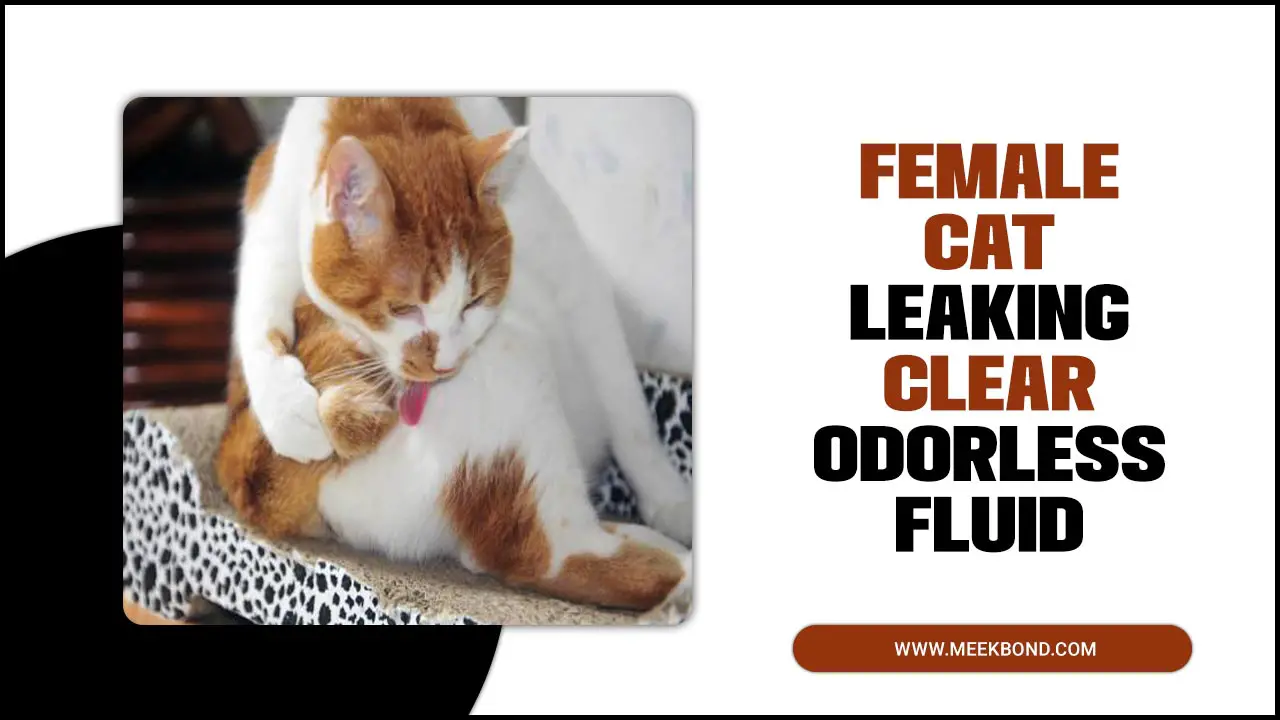As pet owners, we always strive to keep our furry friends healthy. However, sometimes administering medication can cause unexpected side effects.
If you have recently given your cat liquid medicine and have noticed them coughing afterward, it can be a cause for concern. As much as we want to relieve our pet’s ailments, it’s important to understand how certain medications can affect them and what to do if they exhibit unusual symptoms.
Cat coughing after liquid medicine is not uncommon in cats. It can indicate that the medication has irritated their throat or lungs. In some cases, it may be a reaction to the medication itself. As a responsible pet owner, it’s essential to identify the cause of your cat’s coughing and take appropriate action to ensure their well-being.
Here, we’ll explore the possible reasons why your cat coughs after taking liquid medicine. We’ll also share helpful tips on alleviating your cat’s discomfort and preventing future incidents.
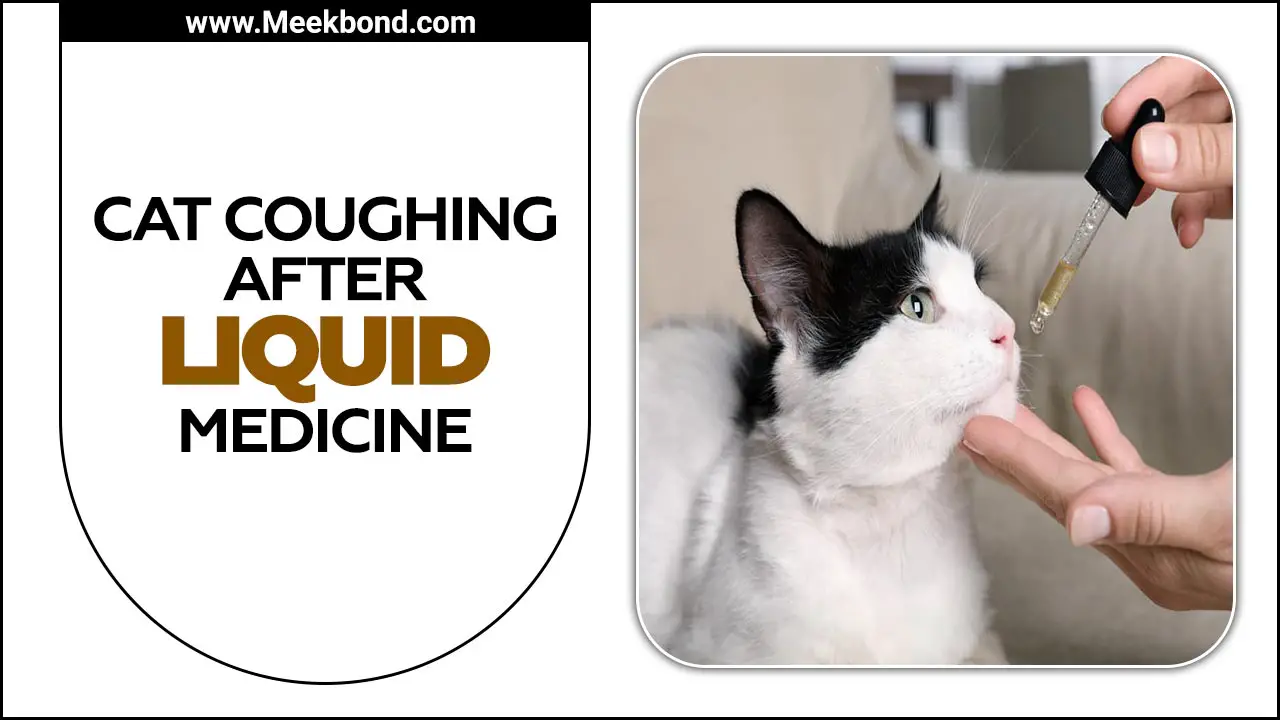
What Is Coughing In Cats
Coughing in cats can be a sign of a respiratory or other medical issue. Understanding what coughing looks like in cats and what may be causing it is essential. Coughing in cats may appear as hacking, gagging, or retching, accompanied by other symptoms such as difficulty breathing, wheezing, or lethargy.
If your cat is coughing after taking liquid medicine, it is possible that they are allergic to the medication or that the drug is irritating their throat. It is essential to consult a veterinarian to determine the underlying cause of your cat’s cough and ensure proper treatment.
Why Cats Cough After Liquid Medicine
Cats may cough after taking liquid medicine for a few reasons. One possible explanation is that the medication has an unpleasant taste or texture, causing the cat to have a reflexive coughing response. Another reason could be that the medication irritates the throat or airways, leading to coughing as a way for the body to clear the irritation.
Additionally, some cats may simply dislike having liquid medicine administered and may cough as a way to resist or protest the treatment. Suppose your cat continues to cough after taking liquid medicine.
In that case, it is recommended to consult with your veterinarian to ensure that there are no underlying health conditions or issues causing the coughing and to explore alternative methods of administering medication if necessary. Some common causes of coughing in cats include:
- Asthma,
- Allergies,
- Infections,
- Heart disease, or foreign objects stuck in the throat
What To Do When Cat Coughing After Liquid Medicine?
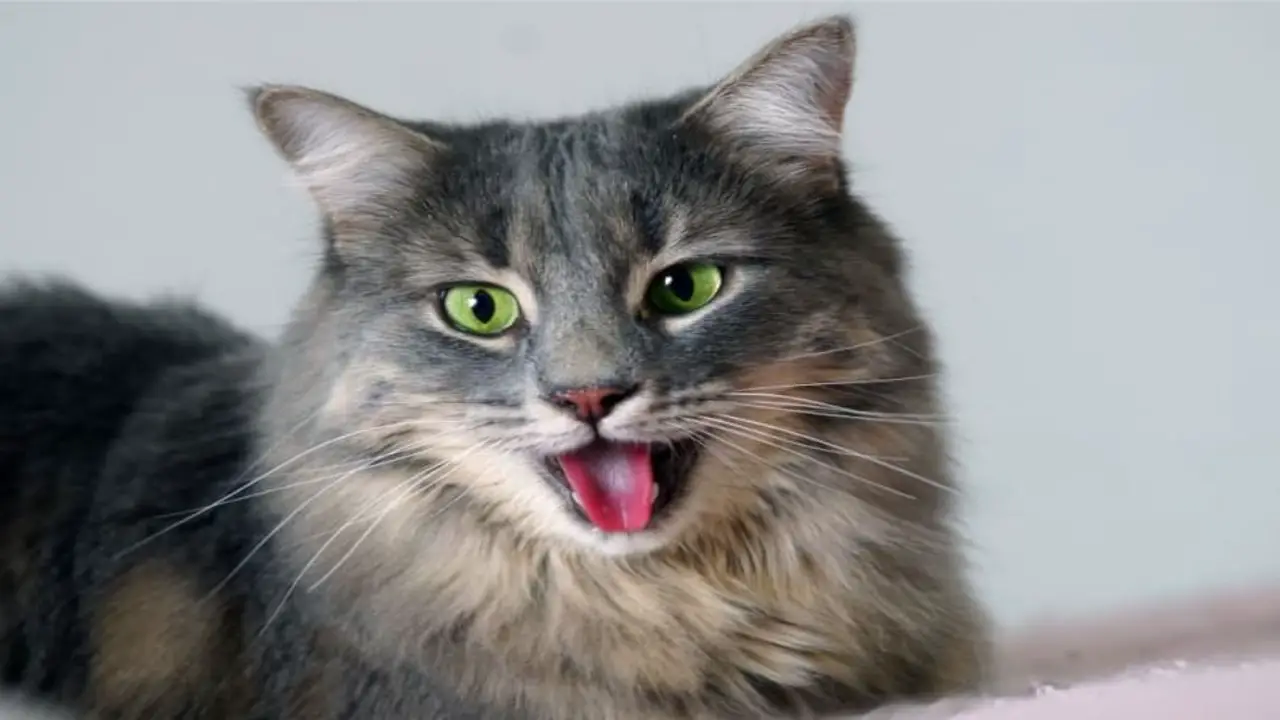
Here, you know what to do when cat coughing after liquid medicine. Chemists often give allopathic remedies for cough, including eucalyptus oil and cherry, Peppermint, and menthol. Veterinarians can prescribe mineral oil or marijuana root (for the pain) and conventional medications for coughing cats. To combat cough in cats, you can use honey, a natural remedy with antibacterial properties. Just about the same effects apply to mint tea.
Just boil a handful of basil leaves, add some water, and then consume a cup every several hours (further dilute with water). Ginger is another powerful antihistaminic agent: inhalation starts with one clove of fresh ginger root (don’t forget to sterilize) or 1/4 teaspoon of raw ground ginger. Homeopathic treatment of cough will be viruses and bacteria (most efficiently, you can use Mediterranean clay). All just one plant, with a decongestant property:
Mineral oregano is applied to mucous membranes of the respiratory tract from time to time before bedtime — removes excess humidity in airways, lowers inflammation, and stimulates the secretion of mucus glands to eliminate excessive fluids. It is important to seek professional advice.
1.Treatments For Cough In Cats
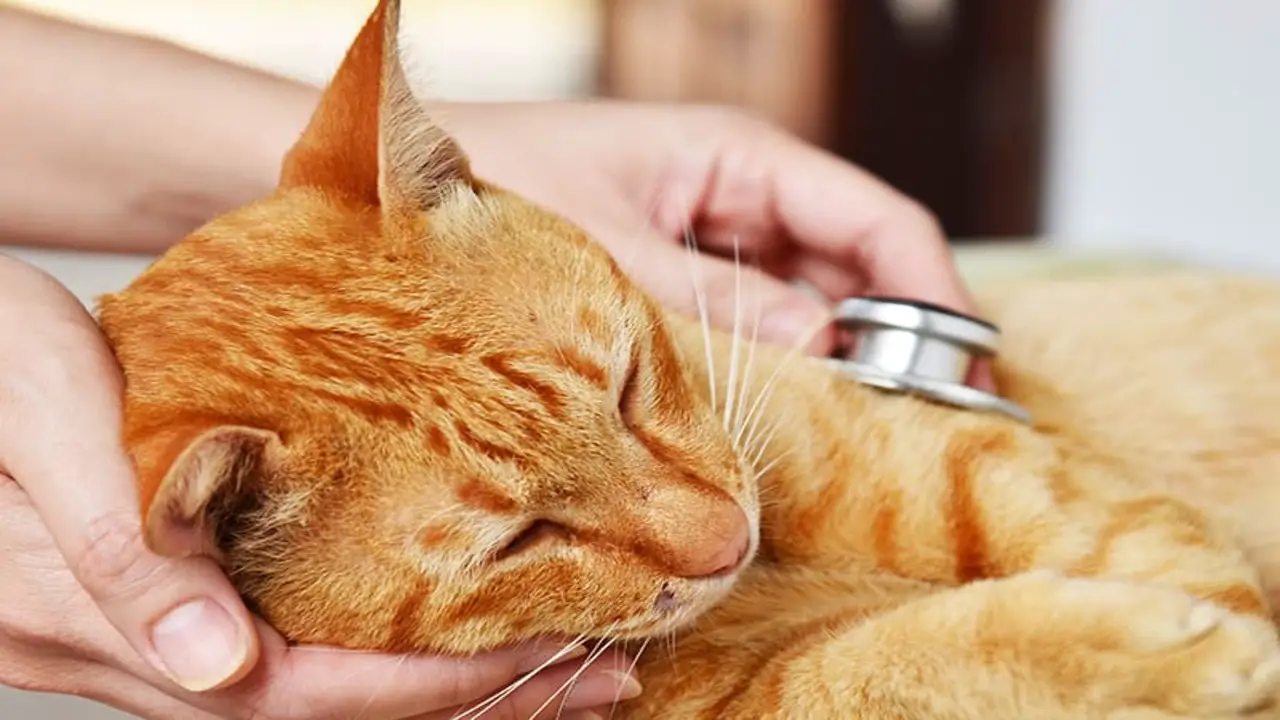
It is also essential to keep your cat hydrated and provide them with a calm and stress-free environment during treatment. If your cat continues to cough even with treatment, it is essential to consult a veterinarian to rule out any underlying health issues. Coughing in cats can be a cause for concern, especially if it persists after administering liquid medicine. There are several treatments available that can help alleviate coughing in cats:
- Bronchodilators: These medications help relax the airway muscles and improve airflow, reducing coughing.
- Steroids: Steroids can help to reduce inflammation in the respiratory system and alleviate coughing.
- Antibiotics: If a bacterial infection causes the cough, antibiotics may be prescribed to clear the infection and reduce coughing.
- Natural Remedies: Some Cat Owners Prefer Natural Remedies Such As Honey Or Herbal Supplements To Help Alleviate Coughing.
However, it is essential to consult with a veterinarian before using any natural remedies to ensure they are safe for your cat.
2.Homeopathic Treatment Of Cough In Cats
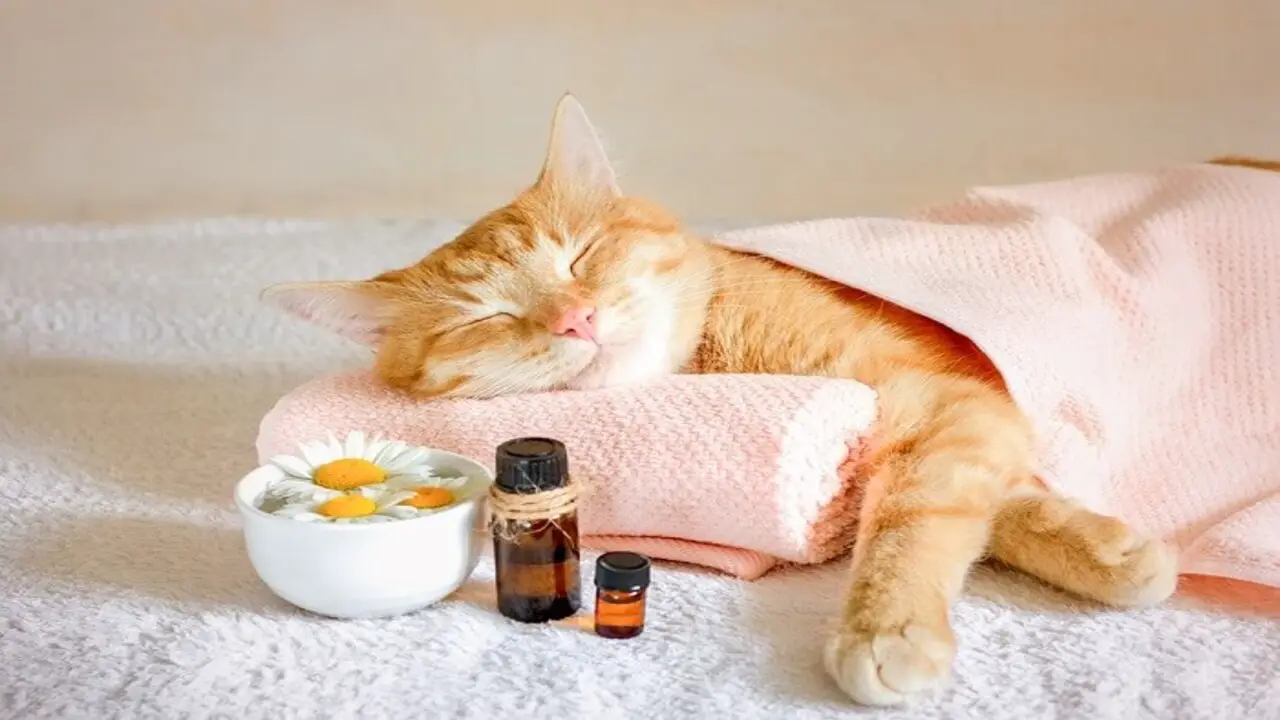
Homeopathic treatment can be a safe and effective way to treat cough in cats. Depending on the underlying cause, you can use several remedies to address different coughs. For example, aconite may be recommended if the cough is dry and hacking. If the cough is moist and productive, rumex may be more appropriate.
Spongia tosta may be used as another remedy. Bryonia, and phosphorus. It is important to consult a qualified homeopathic practitioner who can assess your cat’s symptoms and recommend the most suitable remedy for their needs. With proper care and treatment, homeopathy can help alleviate your cat’s cough and improve its overall health and well-being.
3. Allopathic Treatment Of Cough In Cats
Regarding treating cough in cats, several allopathic options are available. These may include medications such as bronchodilators or corticosteroids, which can help reduce inflammation and open the airways. The doctor may also prescribe antibiotics if the cough is due to an underlying bacterial infection.
It is important to always consult with a veterinarian before administering any medications to your cat, as some medications may not be safe or effective for feline use. Additionally, monitoring your cat’s symptoms and reporting any changes or worsening of their condition to their healthcare provider is essential. With proper treatment and care, many cats with coughs can fully recover and return to their normal daily activities.
4. Treatment For Sore Throat And Mouth Sores In Cats
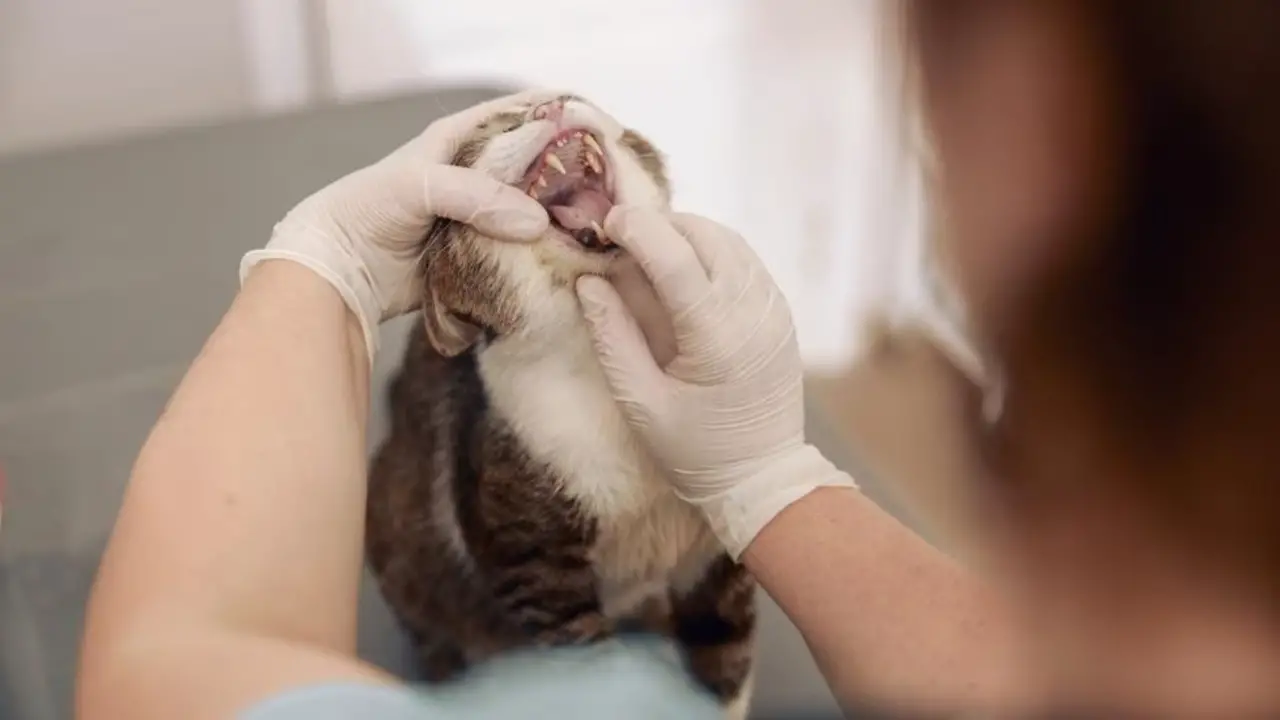
Cats can suffer from sore throats and mouth sores, making it difficult to eat and drink. If your cat is experiencing these symptoms, seeking treatment from a veterinarian as soon as possible is essential. The vet may prescribe antibiotics or anti-inflammatory medication to help alleviate the discomfort and promote healing.
Additionally, they may recommend changes in your cat’s diet, such as feeding soft food or adding supplements to boost their immune system. It is essential to follow the vet’s instructions carefully and closely monitor your cat’s progress to ensure they recover correctly. With proper treatment and care, your furry friend can return to their usual self in no time.
- Natural remedies can be used.
- Suppose the pain of acute sore throat and mouth sores are due to bacterial infection. They will show their effects substantially faster than drugs.
- These products also prevent infections by preventing secondary leakage from inflamed tissue or through inflammation-caused peribronchial secretion in cases where a staphylococcus was found in the bronchi (Spirochetes).
5. Mix The Medicine With Canned Food
Cat owners know all too well the pain and suffering of a cat coughing up phlegm. It can be frustrating to see them struggling to breathe, and you can only sit and wait for the coughing to stop. But don’t despair. There are ways to help your cat through this challenging time. One of the best ways is to mix the medicine with canned food.
To do this, feed your cat small bits of the mixture so they don’t feel full and uncomfortable later. And if your cat develops pneumonia, take them to the vet as soon as possible. These simple tips can help your cat navigate this challenging situation as smoothly as possible.
Prevention Of Coughing After Liquid Medicine
Preventing coughing after administering liquid medicine to your cat is important to ensure their comfort and well-being. If your cat continues to experience coughing after taking liquid medicine, consult your veterinarian for further guidance and potential alternative treatment options. Here are some tips to help prevent coughing:
- Slow and Steady: When giving your cat liquid medicine, administer it slowly to prevent them from choking or coughing. Use a syringe or dropper and gently squeeze the liquid into the side of their mouth, allowing them time to swallow.
- Positioning: Hold your cat upright while giving them the medicine. This can help prevent the liquid from entering their airways and causing coughing.
- Dilution: If the medication allows, consider diluting it with a small amount of water or mixing it with wet food. This can make it easier for your cat to swallow and reduce the risk of coughing.
- Reward system: After giving your cat their medicine, offer them a treat or praise to create positive associations with the experience. This can help reduce stress and minimize the likelihood of coughing in future administrations.
What If Your Cat Is Foaming At The Mouth?
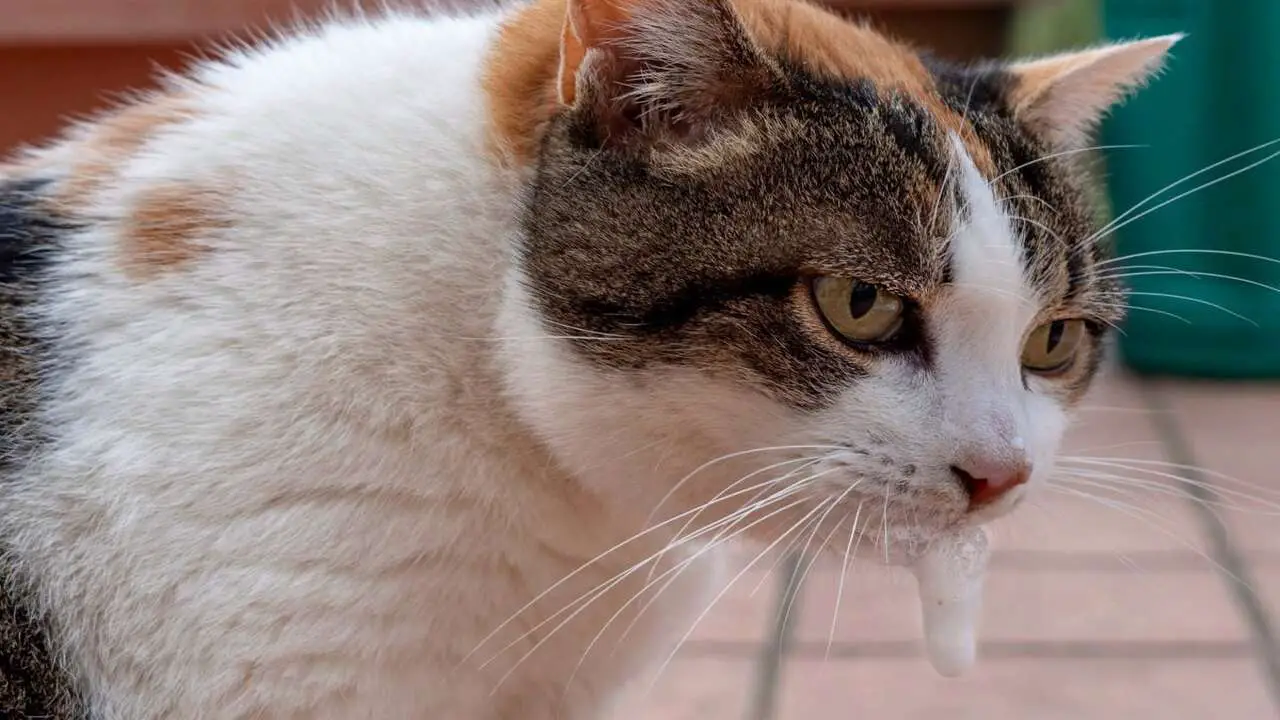
If you notice your cat coughing and foaming at the mouth after taking a liquid medication, don’t hesitate to take them to the veterinarian. Some medications can cause this; your cat may be in danger if left untreated. Keep an eye on your cat while taking the medication, and call veterinary emergency services if necessary.
Be sure to let the veterinarian know your cat’s medication, dosage, and other pertinent information. In the meantime, keep your cat hydrated and provide them with water and food to help prevent any further complications.
How Should This Medicine Be Used?
Knowing the potential side effects is important if your cat takes a liquid medicine to treat coughing. Contact your veterinarian if you notice any problems after giving the medicine, including any adverse reactions your cat may have. It’s also important to always read the label of any medicine before using it, as some of the ingredients in this particular medication may not be safe for cats.
If your cat is taking medicine and experiencing any adverse reactions, keep an eye on them. These can include problems with breathing, seizures, or even death. Only use this medication when your cat is experiencing a coughing fit.
What Special Precautions Should I Follow?
Taking liquid medicines for your cat can be daunting, but following the instructions carefully is important. In particular, consult your veterinarian before administering new liquid medicines to your cat. If you notice any unusual behavior in your cat after taking medicine, contact their veterinarian immediately.
If your cat coughs after taking medicine, wait 24 hours and then give it a second dose as its veterinarian prescribes. Keep an eye on your cat for any other changes, such as vomiting or fever – these could be signs of serious side effects from the medicine. Don’t hesitate to contact your veterinarian with any questions or concerns.
Type Of Pneumonia
Coughing in cats can be a symptom of various underlying conditions, including pneumonia. Mycotic pneumonia, specifically, refers to a type of pneumonia caused by fungal infections. It is important to note that not all cases of cat coughing are related to mycotic pneumonia, as there are other potential causes, such as viral or bacterial infections. Here are some type:
- Aspiration pneumonia
- Bacterial pneumonia
- Fungal pneumonia
- Viral pneumonia
- Parasitic pneumonia
If your cat is coughing after receiving liquid medicine, it is recommended to consult a veterinarian for proper evaluation and diagnosis. They can determine the cause of the coughing and provide appropriate treatment options based on your cat’s specific condition.
Additionally, it is always important to follow the prescribed dosage and administration instructions when giving your cat any medication to minimize the risk of adverse reactions and ensure their well-being.
Causes Of Aspiration Pneumonia In Cats
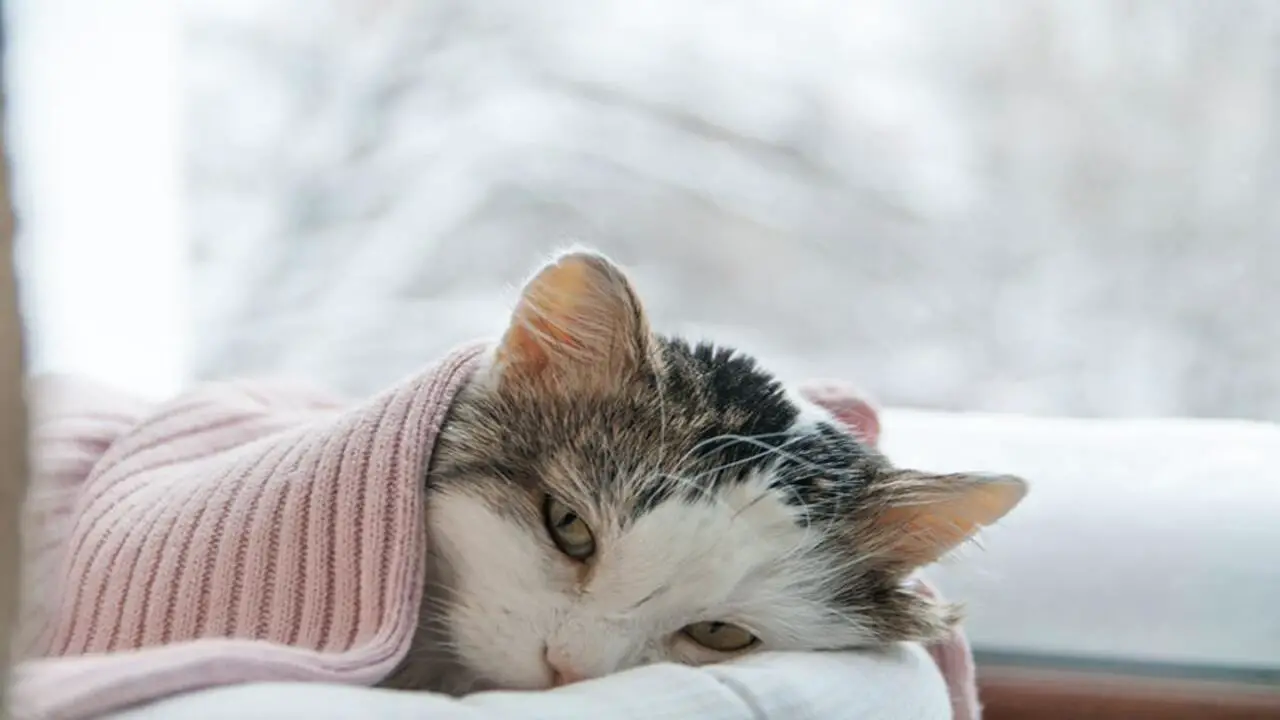
Cats coughing after taking liquid medicine can be pneumonia is cause for concern, as it may indicate the development of aspiration pneumonia. Aspiration development of pneumonia occurs when a cat inhales liquid or foreign substances into their lungs—leading to inflammation and infection.
This can occur when administering medication orally, especially if the cat has difficulty swallowing or if the medication is accidentally inhaled into the respiratory tract. In some cases, infectious pneumonia can also occur if the cat’s immune system is compromised.
- Inhalation of foreign objects or substances into the respiratory tract, such as food, liquid, or vomit
- Anesthesia or sedation, which can lead to a decreased ability to protect the airway and increased risk of aspiration
- Difficulty swallowing due to underlying conditions or abnormalities in the mouth or throat
- Esophageal disorders that result in regurgitation or reflux of stomach contents into the lungs
Suppose you notice your cat coughing after taking liquid medicine. It is important to consult with a veterinarian to determine the underlying cause and ensure appropriate treatment.
In some cases, anti-vomiting medications may be prescribed to prevent further health complications. It is crucial to monitor your cat’s health closely and seek immediate veterinary attention if there are any signs of respiratory distress or oxygen deficiency.
Recovery And Management Of Aspiration Pneumonia In Cats
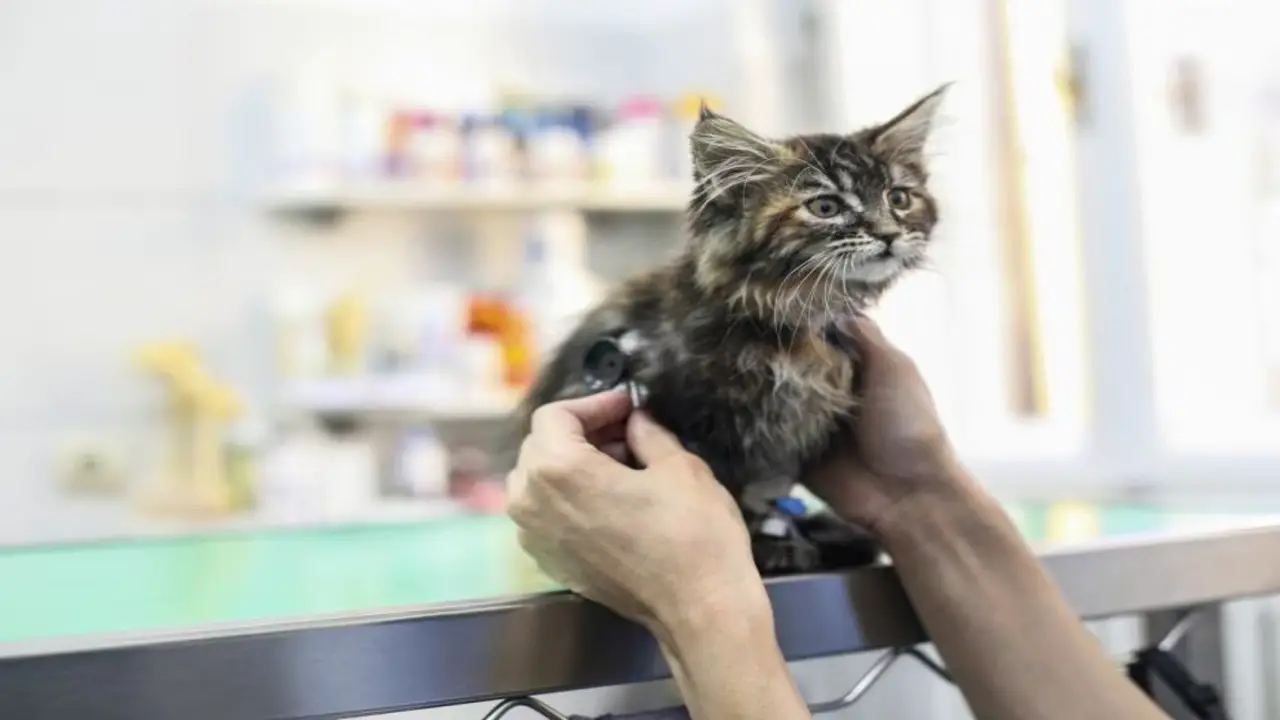
Recovery and management of aspiration pneumonia in cats can be a challenging process. It is important to follow the prescribed treatment plan from your veterinarian, which may include antibiotics, cough suppressants, and supportive care.
One crucial aspect of managing aspiration pneumonia is ensuring that your cat receives plenty of food and hydration. However, it is important to consult with your veterinarian before offering any food or water, as they may recommend specific dietary modifications or feeding methods.
Additionally, seek medical advice if you notice any worsening of symptoms or if your cat’s condition does not improve as expected. With proper veterinary care and monitoring, cats can recover from the treatment of aspiration pneumonia and regain their health.
Conclusion
Natural remedies can treat sore throat and mouth sores in cats. It prevents secondary leakage from inflamed tissue. Or through inflammation caused peri bronchial secretion in cases where a staphylococcus was found in bronchi (Spirochetes). We hope you know what to do when a cat coughing after liquid medicine.
It is always essential to read the label of any liquid medication before giving it to your cat. Feline liquid medicines can be dangerous if not appropriately diluted and cause coughing, difficulty breathing, and even death. If you notice your cat coughing after taking liquid medication, mix it with canned food first and then give it to them in small doses.
If your cat is foaming at the mouth, stop giving them the medication and call your veterinarian. Always follow the instructions on the medication label and take all necessary precautions when using this medication.
Frequently Asked Questions
Can A Cat Choke On Liquid Medicine?
Yes, a cat can choke on liquid medicine if it is administered incorrectly or has difficulty swallowing. It is important to follow proper administration techniques and ensure that the cat swallows the medicine properly to minimize the risk of choking.
What To Do If Cat Inhaled Liquid Medicine?
If a cat has accidentally inhaled liquid medicine, it is important to seek immediate veterinary attention. Do not induce vomiting or administer any other treatments without professional guidance. The veterinarian will be able to assess the situation and provide appropriate treatment to ensure the cat’s well-being.
Why Is My Cat Gagging After Medication?
Your cat may be gagging after medication due to the taste or texture of the medication, causing an unpleasant sensation. Cats can be very sensitive to medications, and it is not uncommon for them to have adverse reactions such as gagging, drooling, or even vomiting.
How Do I Get My Cat To Stop Spitting Out Liquid Medicine?
To get your cat to stop spitting out liquid medicine, use a syringe or dropper to administer it directly into their mouth, aiming towards the back of the throat. Gently hold their mouth closed and stroke their throat to encourage swallowing.
Can Liquid Medicine Get Into Cat’s Lungs?
No, liquid medicine cannot directly enter a cat’s lungs unless inhaled. It is important to administer medication to cats carefully and follow the instructions provided by a veterinarian to prevent any complications.
How Quickly Does Aspiration Pneumonia Develop In Cats?
Aspiration pneumonia can develop in cats relatively quickly after the aspiration event occurs. The timeline can vary depending on the aspiration’s severity and the cat’s overall health. In some cases, symptoms may appear within a few hours after aspiration, while in others, it may take a day or two for signs of pneumonia to become evident.

Aquarium passion is all about connecting with the aquatic life and providing education to the public on the importance of these creatures. We showcase a wide variety of marine life through our exhibits as well as working with schools to provide unique learning opportunities for students of all ages.

